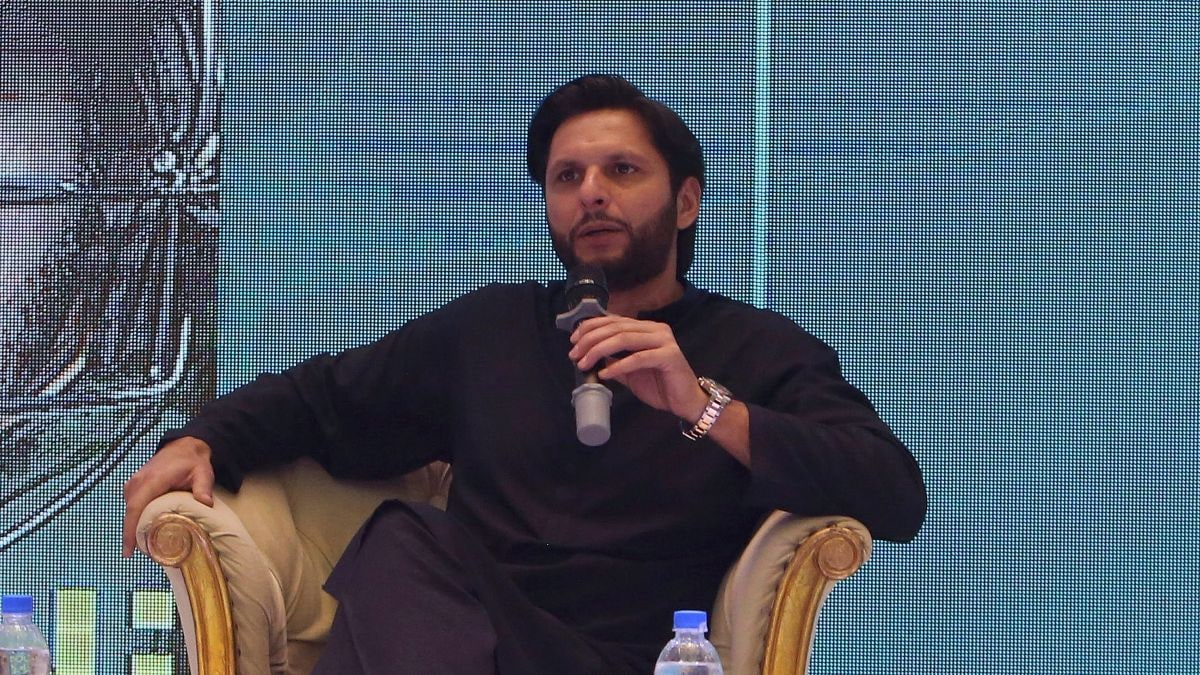

Former Pakistani cricketer Shahid Afridi is facing severe backlash and ridicule after making a bold and controversial statement about India's standing in comparison to Pakistan. Afridi claimed that India is "10 years behind Pakistan" in various fields, including cricket, courage, and technology. This declaration has been met with widespread criticism, especially considering the current realities and recent events involving both nations.
Afridi's statement comes at a sensitive time, just a month after the Indian military carried out Operation Sindoor, a military operation targeting terrorist organizations within Pakistani territory. This operation was launched in response to a terror attack in Pahalgam where 26 tourists were killed. Many view Afridi's comments as insensitive and detached from the existing geopolitical tensions.
Social media has exploded with reactions, with many users trolling Afridi for his remarks. Critics point to Pakistan's struggles on multiple fronts, including its economic instability, political turmoil, and repeated defeats against India in cricket. Some have sarcastically questioned whether Afridi is living in a "fantasy world," while others have directly challenged his claims with facts and figures highlighting India's progress and achievements in various sectors.
In cricket, the statistics speak for themselves. India has consistently outperformed Pakistan in major tournaments, including a dominant record in World Cups. Pakistan has not been able to beat India in any of the ODI World Cups. India's victory in the 2011 World Cup, where they defeated Pakistan in the semi-final, remains a significant point of contention. The Indian team also won the Champions Trophy.
Beyond cricket, India has made significant strides in technology, innovation, and economic growth. The country has emerged as a global hub for IT and software development, attracting investments from around the world. India's space program has also achieved remarkable feats, including successful missions to the Moon and Mars.
Afridi's statement has not only been criticized by Indians but also by some Pakistani analysts and commentators who acknowledge the need for Pakistan to address its own challenges rather than engaging in unfounded comparisons. Some Pakistani voices have urged Afridi to focus on the issues plaguing Pakistani cricket and society, such as corruption, lack of infrastructure, and outdated approaches.
This is not the first time Afridi has stirred controversy with his views on India. In the past, he has made contentious statements about the Indian government and military, particularly concerning the situation in Kashmir. These remarks have often been perceived as biased and inflammatory, further damaging his reputation among Indian fans. In one instance, he blamed India for the security failures after the terror attack in Pahalgam.
The latest episode has reinforced the perception of Afridi as a figure prone to making exaggerated and unsubstantiated claims. While some may view his remarks as an attempt to boost morale within Pakistan, many others see them as a reflection of a deeper disconnect from reality. The incident has once again ignited the debate about the role of public figures in promoting harmony and understanding between the two nations, especially in the age of social media where opinions can quickly spread and escalate tensions.